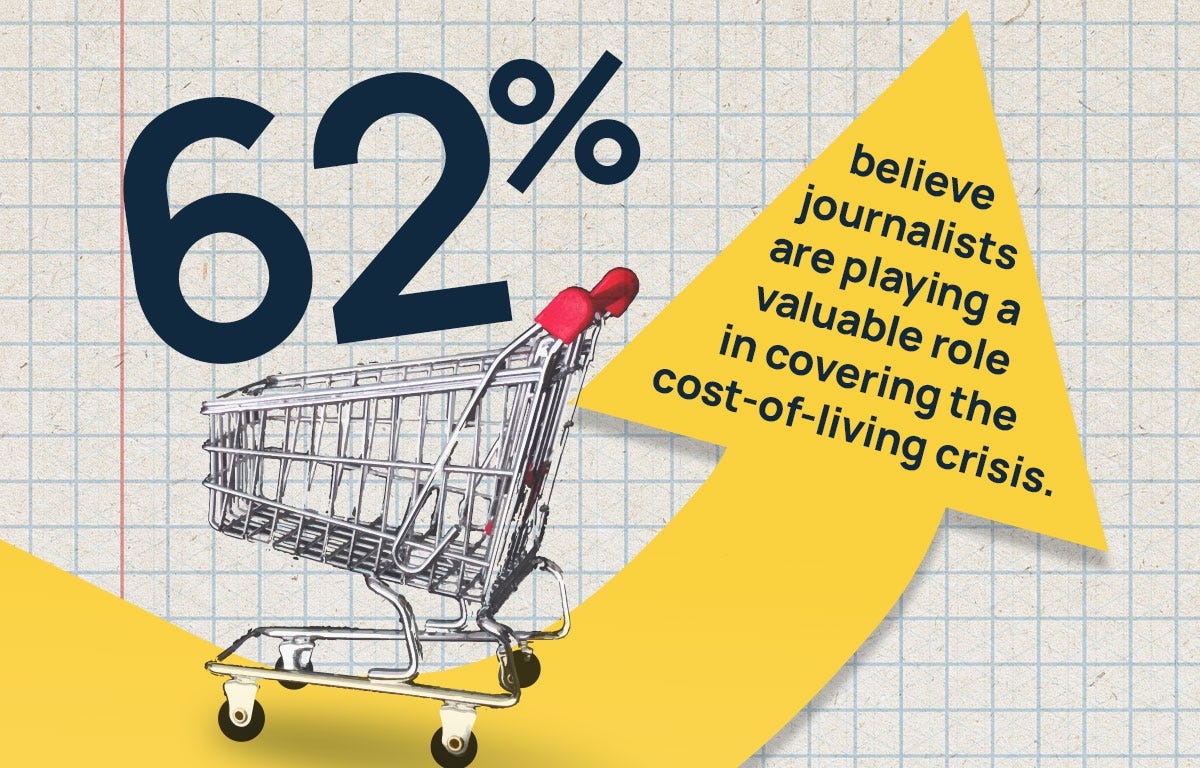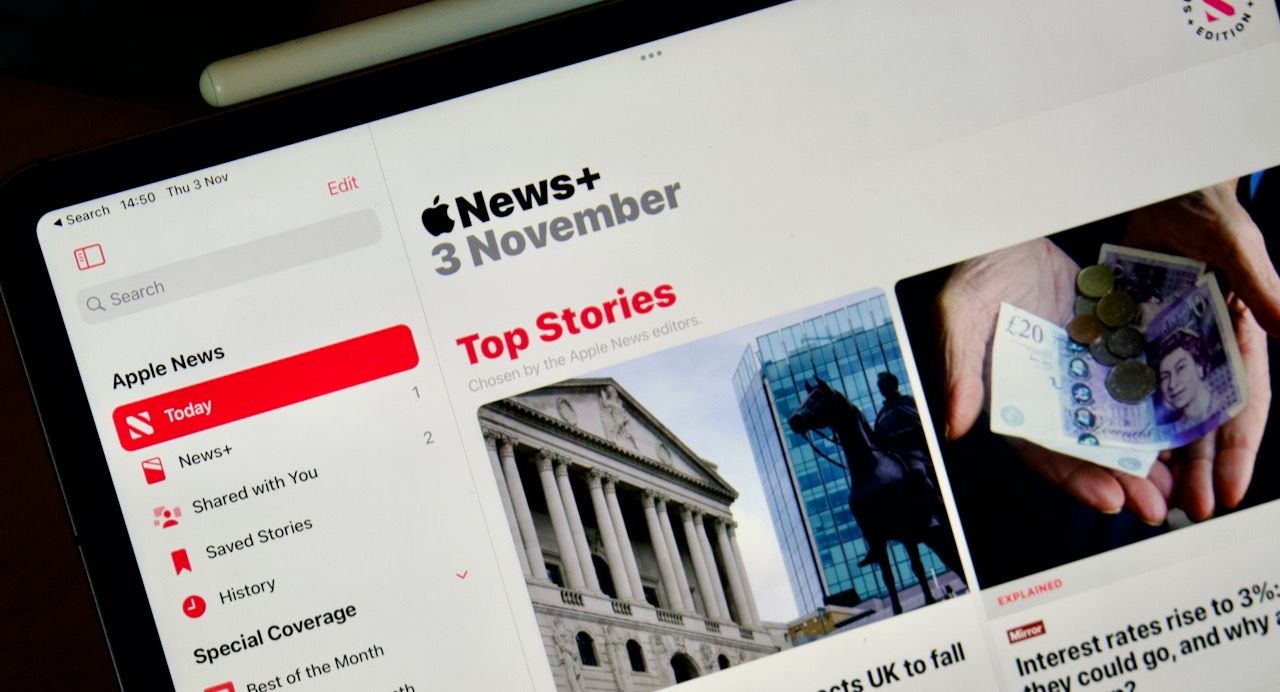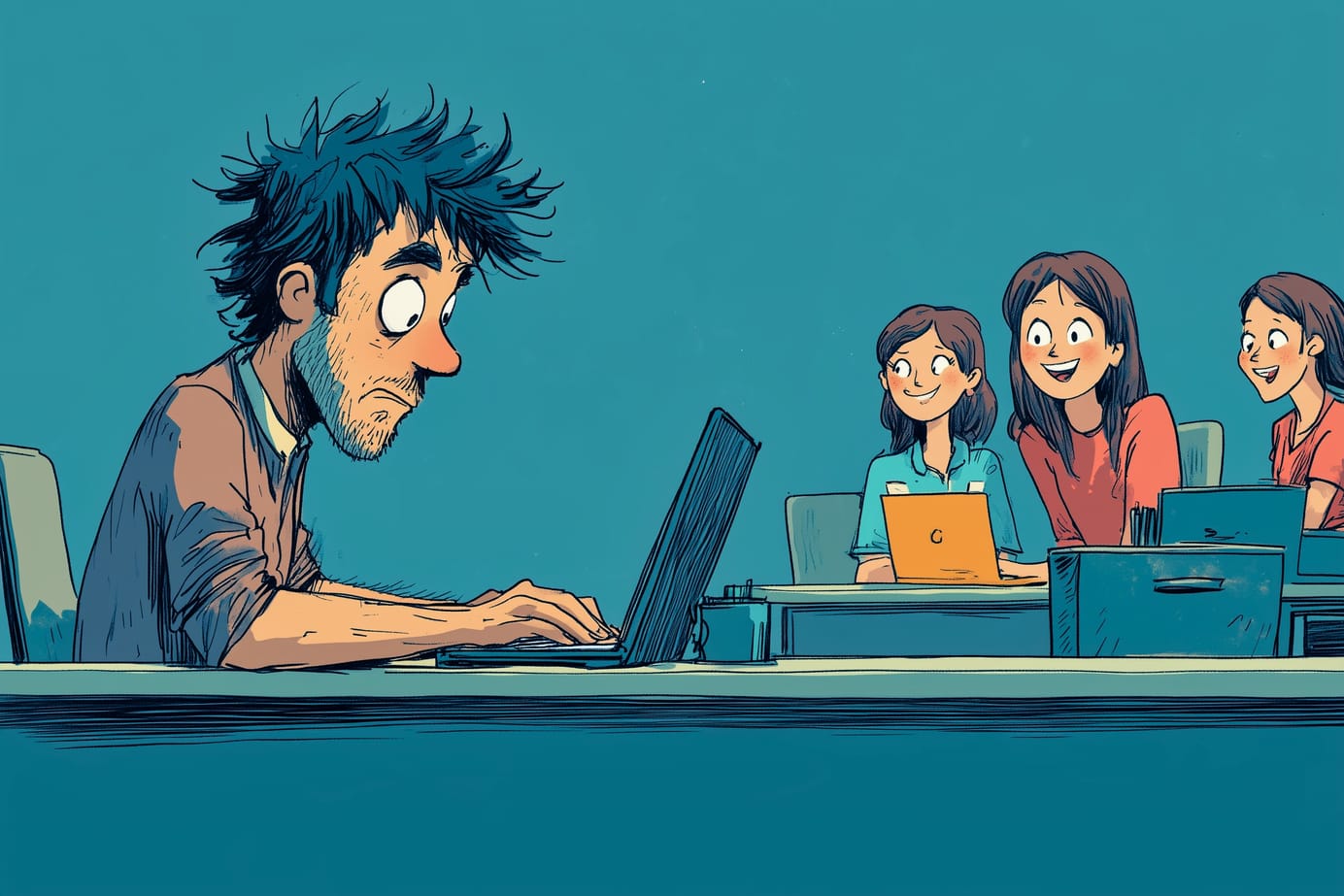
What today’s Twitter layoffs could mean for journalists
Elon Musk is busy gutting Twitter’s staff — and where he chooses to cut will tell us what the platform’s future relationship with news will look like.
Frankly, it's a bit of a difficult morning.
The tone of today in audience circles is very different to last week, when the news of Elon Musk's takeover of Twitter hit. There's rather fewer jokes, and rather more sympathy, as we start to see UK-based Twitter employees losing their jobs. Their US colleagues will be going through the same experience in a few hours, and the expectation is that up to half of Twitter's staff will be laid off.
I'm going to devote much of this post to what we in the journalism business should be watching for in these layoffs, but first I want to take a moment to acknowledge the humans at the heart of this.
The personal cost
These are just a few tweets I've seen from personal friends or online acquaintances who've been fired this morning:
What a wild ride.
— J Geary ⚡️ (@JoannaG) November 4, 2022
Thank you to tweeps past and present who made my time at Twitter so special.
And the biggest thank you to Curation - it is a damn privilege to have led such an incredible team of rockstars.
🫡💙 https://t.co/lBWEGi1ISC
It is done.
— Andy Piper (@andypiper) November 4, 2022
I’m incredibly proud of the @TwitterDev team(s), and the folks I’ve worked with across nearly 9 years to keep the API and developer platform vibrant.
To those in our developer community: thank you. It was my honour to serve you.
So grateful to have had the opportunity to work with so many amazing people #LoveWhereYouWork pic.twitter.com/UBMtfxrJna
— Nic Keaney (@NicKeaney) November 4, 2022
They're all talented folks, whom I hope and expect will land on their feet, but seeing work they've invested the best part of a decade in dismantled, while being told they're personally surplus to requirements, can't be emotionally easy. My very best wishes to all of them.
Now, what does this mean for the rest of us?
The canaries in Twitter's coal mine
A million years ago and, at the same time, a week ago, when Musk took over Twitter, I realised that there were four major things to watch as Musk reshaped Twitter. If some or all of them changed, the relationship between the platform and journalism would be reshaped for ever.
Here they are:
- Major changes to verification
- Changes to the publisher relationships in Twitter Blue
- Dismantling of the Curation/Moments team
- Dismantling of the News Partnerships team
And how do things stand now? Two have happened, one looks likely to have happened (UPDATE: Now confirmed — see below), and we're waiting to hear about the last:
- ✅ Major changes to verification
- ✅ Changes to the publisher relationships in Twitter Blue
- ✅ Dismantling of the Curation/Moments team
- ❓Dismantling of the News Partnerships team
Verification
Look, I have my issues with how Twitter runs verification and, in particular, how it creates a two tier system for journalists. But there's no doubt that being a proven, verified journalist goes some way to helping you stand out amidst the misinformation noise on the platform. Musk's move to make verification for all available for a fee will fundamentally dilute that ability. That's our first canary expired.
Twitter Blue
The publisher relationships that allowed subscribers to have access to ad-free articles via Twitter Blue, the subscription service available in some parts of the world, was killed unexpectedly by Twitter. Musk clearly wants to renegotiate those relationships:
And paywall bypass for publishers willing to work with us
— Elon Musk (@elonmusk) November 1, 2022
But it's hard to trust someone who kills — on a whim, with no notice — something you put development work into supporting, isn't it?
Moments & Curation
The curation team was (and yes, it looks like the past tense is appropriate) the internal journalistic part of Twitter, curating the best news and Tweets in a way that brought value to the platform — and traffic to publishers. It was led by friend-of-the-blog Joanna Geary, late of the Birmingham Post, The Times and The Guardian.
She was the first of the “personal cost” tweets above.
If, as it looks like, this team is essentially gone, it will make it that much harder for news publishers to stand out from the noise on Twitter.
Update — 12.15pm, 4/11/22
Yup, the Curation team is gone:
So Twitter’s Curation team is no more.
— Andrew Haigh (@AndrewHaigh) November 4, 2022
This site 👇 was recently launched to tell the world about our work. Give it a look for two reasons:
1) to see how it will impact your experience
2) if you want to hire the people behind it, get in touch via DMhttps://t.co/vGdlDSYh8r
News Partnerships
The major social platforms have long had news partnership teams, whose job it its to build closer relationships with major publishers. That's why journalists seem to get special treatment for things like verification — it's handled between the social teams of major publishers and the news partnership folks.
If this team gets dismantled in the layoffs today — and I've seen no evidence either way yet — then truly Twitter, like Facebook before it, is planning to leave journalism behind.
Today will be an interesting day.
Newsletters: Revue is dead
Big news from the well-sourced Casey Newton last night:
Some Twitter news as we wait for layoffs to hit:
— Casey Newton (@CaseyNewton) November 3, 2022
- Its Revue newsletter product will be sunset by end of year
- ‘Notes’ longform writing product is on indefinite 'pause'
- Details on the Vine reboot
Subscribe to read ➡️ https://t.co/CoIClOB6vh
That's bad news: some publishers use Revue, and there are some great journalism-relevant newsletters on there too, not least those of Vincent Peyregne, Kevin Anderson and the lovely Media Voices team.
I'm working on a post about exit options for publishers using Revue. Look for it on the site later today, or early tomorrow.
In other news
Despite our obsession with the bird app, other things are happening in the journalism world.
Member models aren't just about news
This shouldn't be a surprise to anyone paying attention, but it's nice to see it confirmed again:

This was one of the major conclusions of the INMA Light Readers report that I worked on a couple of years ago. And yes, that does mean that your editorial leaders need to concentrate just as much on lifestyle and service journalism as the exciting breaking news stuff.
For example:

Solidarity to my features, lifestyle and business journalism brethren. We matter!
Where should we use AI?
The Toronto Star is making a good fist of figuring this out:

I agree strongly with Kevin on this:
As I have said before, I would much rather have a robot write a basic, formulaic report than treat a reporter like a robot.
(Full disclosure: the Star is a current client)
Apple News really matters
This is a little bit of “I told you so” but quite a bit more “what you should do about this”:

Sign up for e-mail updates
Join the newsletter to receive the latest posts in your inbox.













